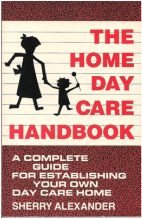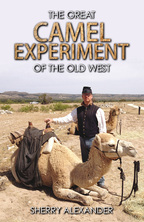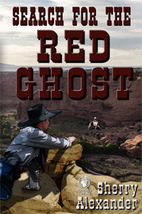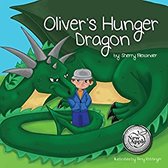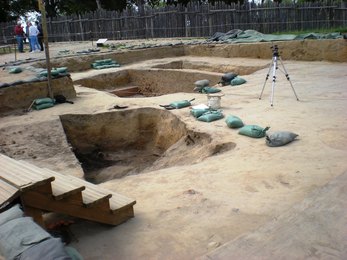
Each story is a treasure waiting to be uncovered and preserved. It begins with a walk-through of sorts with questions. Is the idea I have workable? Has it been done before? If it has, can I discover a new angle? One that has not been found before? Can I build a plot? Will I need subplots? Is there a protagonist? Is there an antagonist? Will it be a story? Can it become a book? All questions asked in a matter of minutes, days, weeks, and even months as you roll the idea or the concept around in your mind. If it survives the walk-through, then, if you want to see it in print, the survey begins.
A story survey is relatively simple, but it can be very time consuming. It involves marketability. Some books just happen and this step is in no way necessary, but it can't hurt to survey what books or stories have already been published on the selected topic. I have foregone this step, and have three completed manuscripts in my file cabinet from books I've written that were already published or about to be published by someone else to prove it. Just type the subject into Amazon books, Barnes and Noble, or even Google to see what is out there and what is, "coming soon." If you decide to go ahead even though there are several books using the same idea, you have time to change the angle yours will take so that it will be different. Now for the tools.
No one starts a treasure hunt without tools. For you and I, the tools can be anything from pencil and paper to a computer. But it doesn't stop there. Depending on the story, research is involved. Research on the time period, the location, the type of dress, relationships, or whatever motivates your characters. Added to that is a quiet place to work and time. Once that is all ironed out, it's time to begin the dig!
The dig is the actual writing. The plot, the character development, the subplots, the tension, the style you want to write in, and the beginning, the middle, and the end. Everything that has cooked in your brain and mind to inspire the story is now suppose to flow onto the page in perfection. NOT! Just like an archaeological dig, the treasure you are searching for rarely appears automatically no matter how prepared you are. It takes patience and revision, and even then, your protagonist might have something else in his/her mind that you hadn't counted on. Before you know it, your story could have taken a different path that you plotted, and a new treasure is discovered.
Digging for treasure is not easy. It's tiring, frustrating, and seldom anything but personally rewarding. But what a reward! Even those three manuscripts sitting in my drawer helped me uncover treasures I had not dreamed of. The skill to change a plot in mid-stream, the ability to walk in my character's shoes, the love of the written word, pacing, sub-plotting, how to fold in minor characters to add more depth, are all treasures I discovered from my dig. What will you discover?
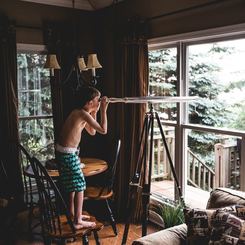
 RSS Feed
RSS Feed
